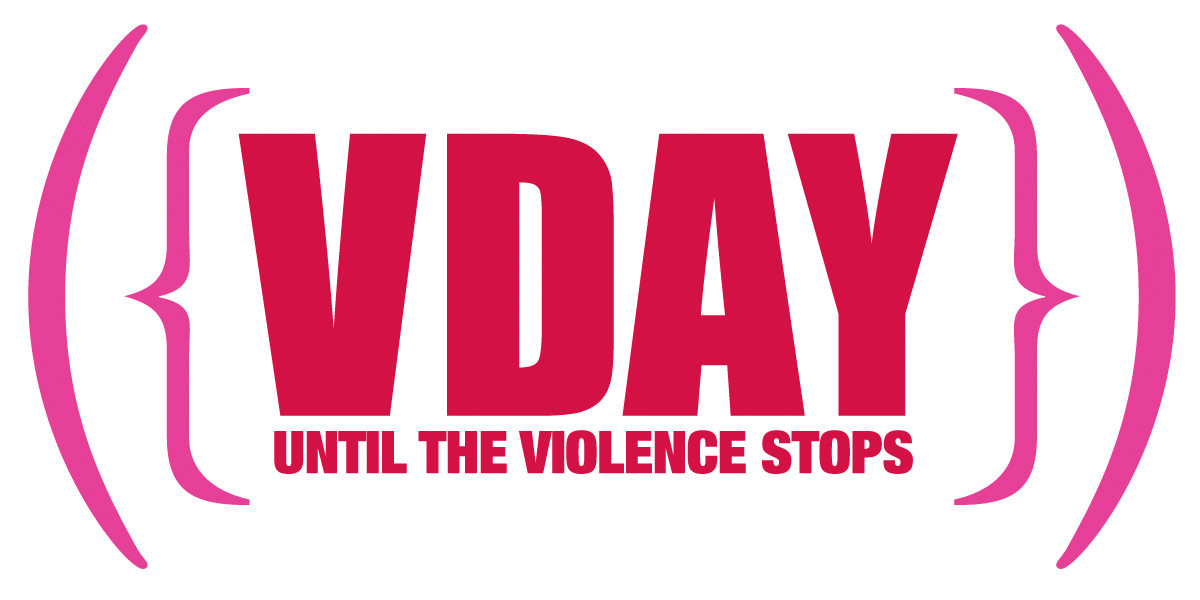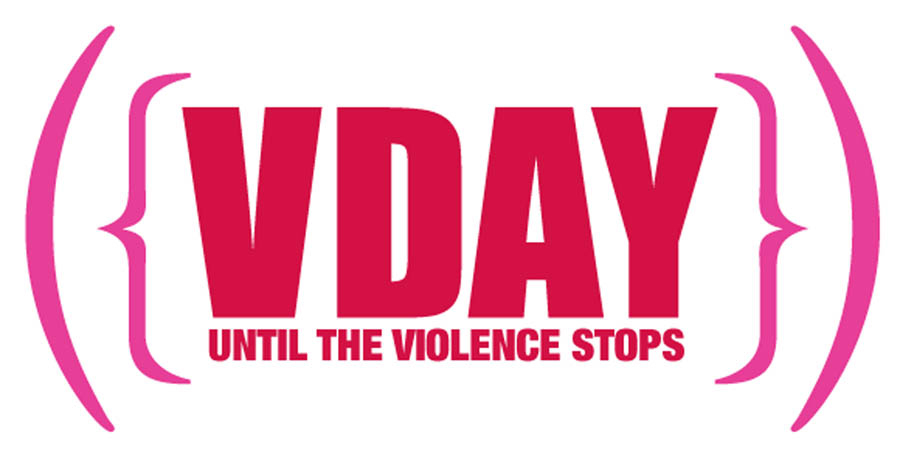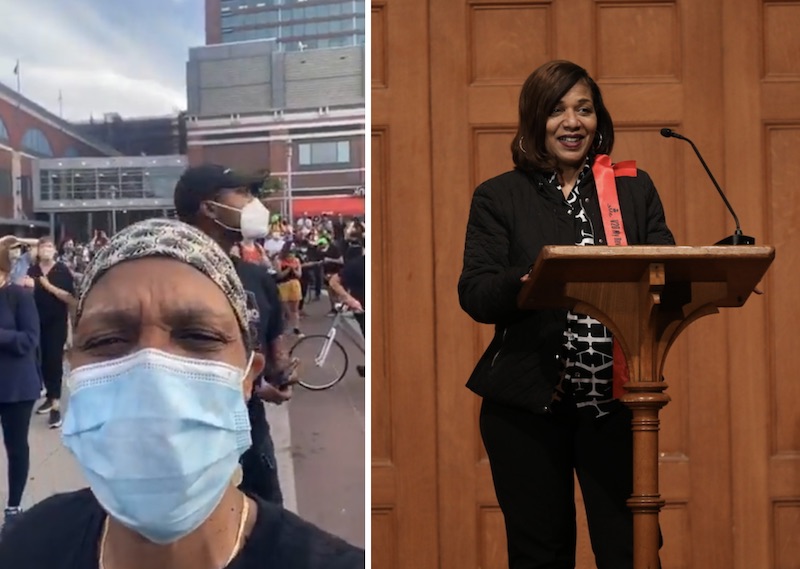03 Dec Southern Maine Women’s Reentry Center
New $10 Million Women’s Re-entry Center Opens in Maine» After three years of parole supervision, New York State finally discharged me. As a free woman, my excitement brewed for my first visit to Maine. Cheryl Wilkins and Yolanda-Peterkin Johnson accompanied me. We wanted to connect with the women in our group, Right/Write to Heal, for incarcerated and formerly incarcerated women in New York and Maine and see them in person. Cheryl and Yolanda were also crucial speakers in the Abolition Night at the Strand Theater. I couldn’t have had better companions. I admire these women for their strength and dedication to...








